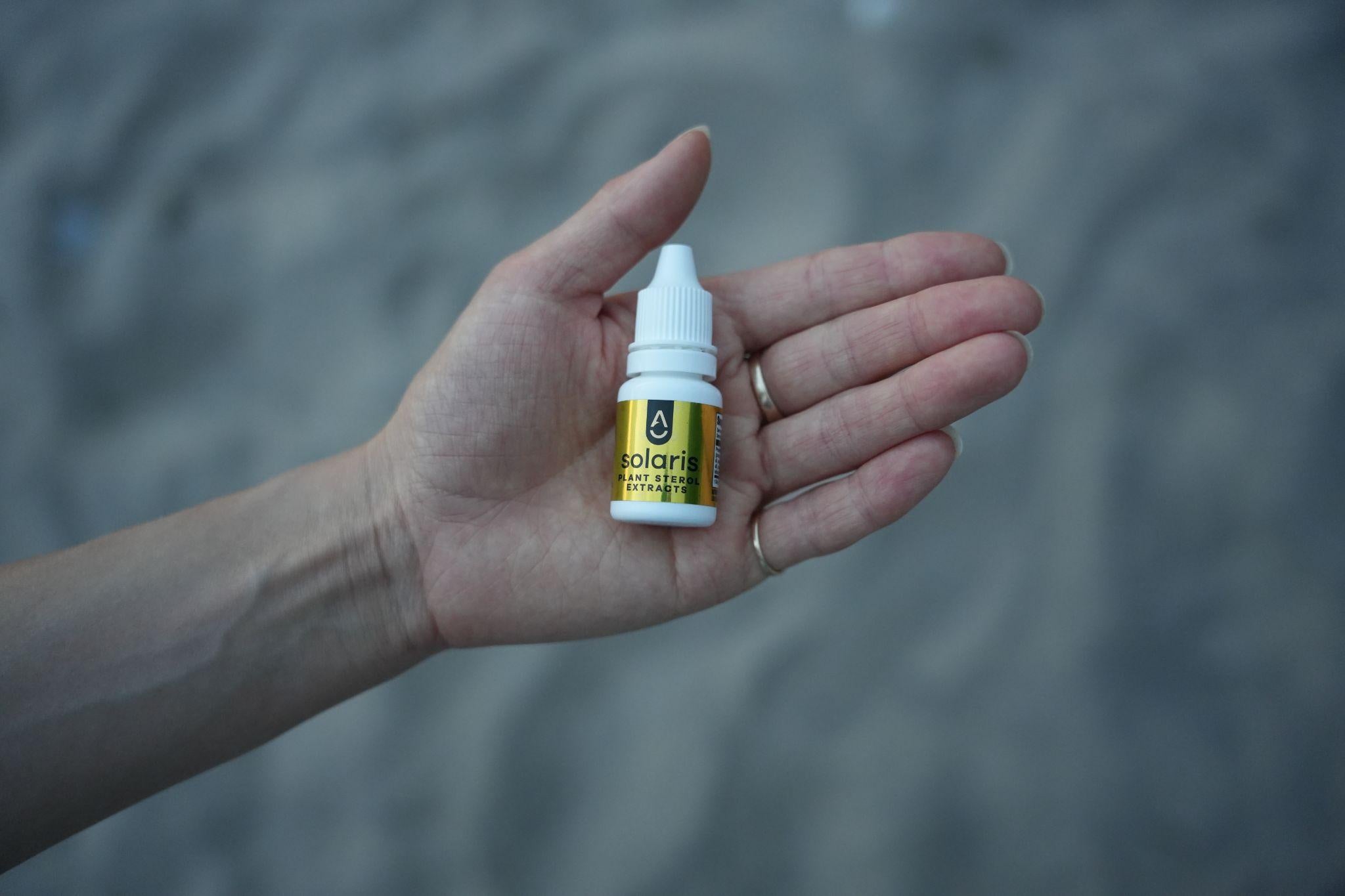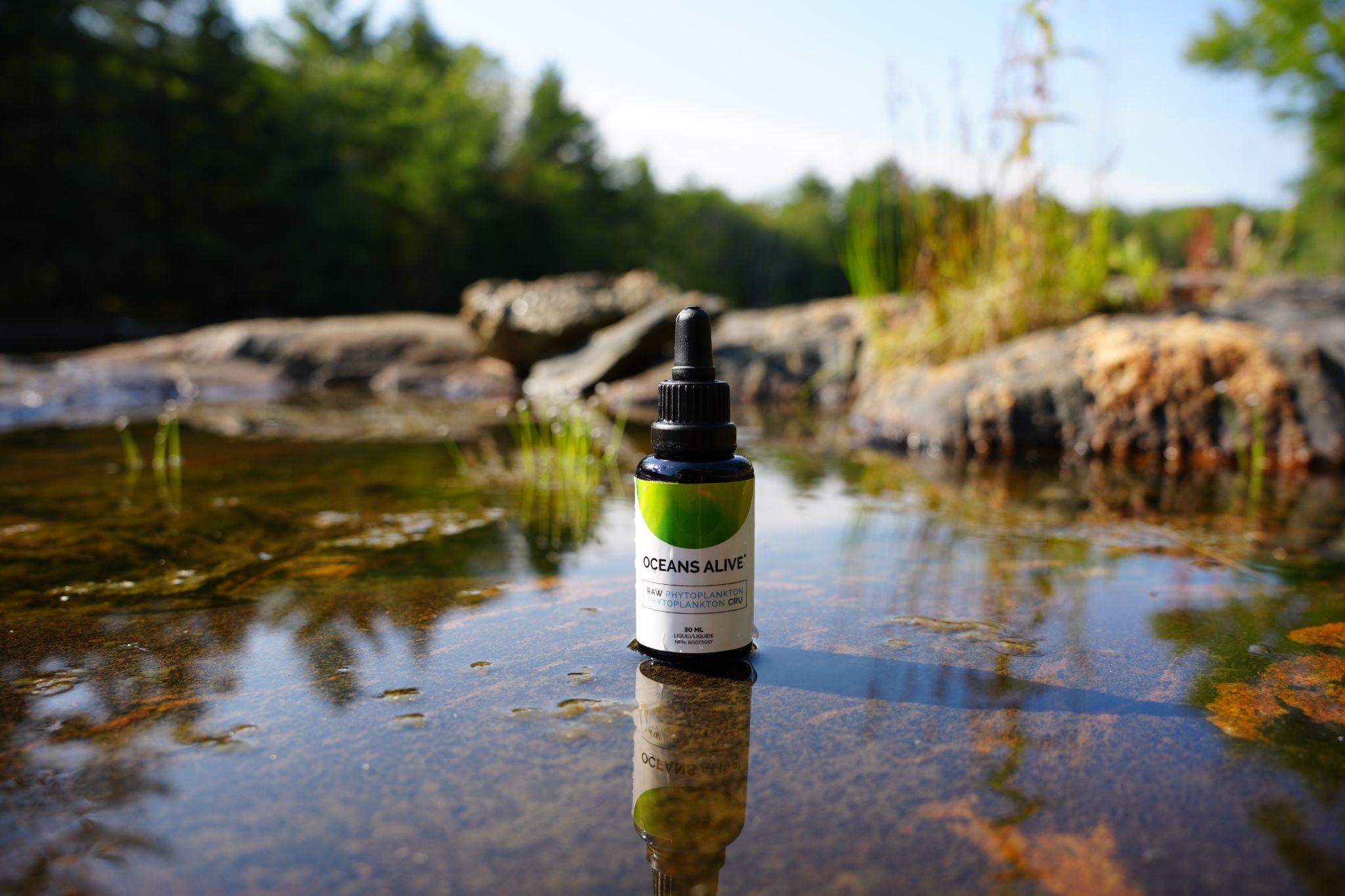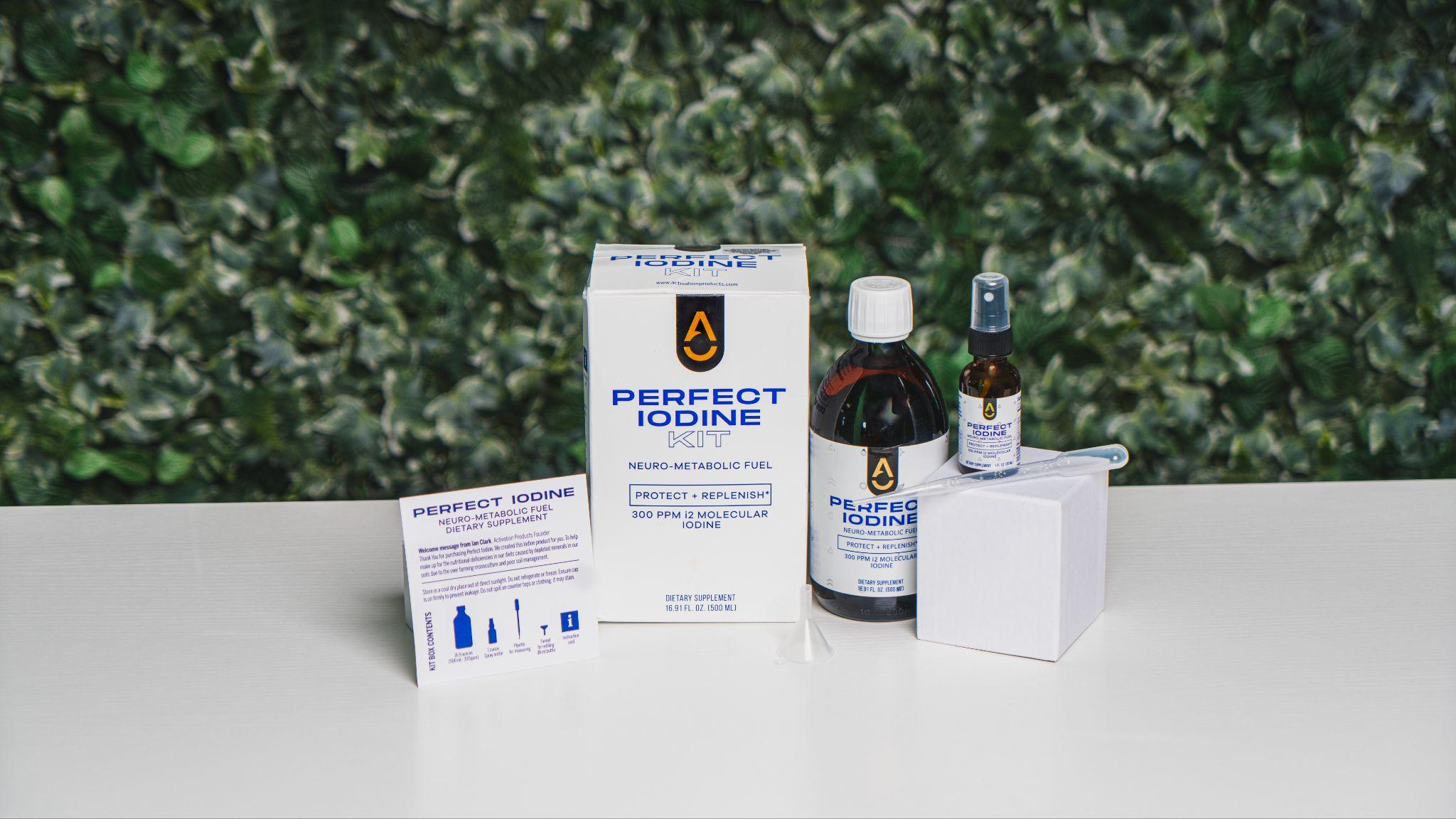
Most of us are familiar with oxidative stress and the importance of antioxidants in combating it. You may hear about antioxidants frequently, encouraging their consumption for better health.
But did you know that there is a dark side to antioxidants? In fact, taking too many can lead to a condition known as antioxidant stress.
What is antioxidant stress?
Antioxidant stress is what happens when you overdose on antioxidants. It’s easier than you’d think.
Many people are taking antioxidant supplements and eating foods that have high antioxidant content because they are worried about oxidative stress.
Oxidative Stress
Oxidative stress happens when your body has too many free radicals and not enough antioxidants to neutralise them. These free radicals can damage your cells, and over time, lead to oxidative stress. This type of stress has been linked to serious health issues, often discussed in the media.
The Balance of Antioxidants
While trying to prevent oxidative stress, consuming excessive antioxidants can backfire. When you overdose on one antioxidant, it becomes reactive, similar to the free radicals we fear. These reactive antioxidants can be harmful, and according to Scientific American, “high-dose antioxidant supplements can effectively abolish the beneficial effects of exercise.” Researchers believe that high levels of a single antioxidant can neutralise free radicals from exercise before they trigger the synthesis of beneficial antioxidants.
In simple terms, your body naturally produces antioxidants, especially in response to exercise. These antioxidants help protect and repair your body. If you flood your system with individual antioxidants from supplements, you interfere with this natural process.
The lesson: free radicals are not always a bad thing and can even be a good thing. Wiping them out en masse may not be in your best interest.
What causes antioxidant stress?
Obviously, too many antioxidants, but what does that mean?
Variety and Balance
The key is to get a range of antioxidants from various whole food sources. Avoid single-antioxidant supplements like vitamin C tablets, vitamin E capsules, or resveratrol pills. Your body absorbs a variety of antioxidants that work together in a "cascading buffer." One antioxidant donates an electron to a free radical, another antioxidant donates to it, and so on.
Eating a varied diet ensures you get this range of antioxidants. If you rely on just one antioxidant, you miss out on this buffering system.

What are the symptoms of antioxidant stress?
The symptoms of antioxidant stress can vary depending on which antioxidant is over-represented. Often, they are similar to those of oxidative stress.
Dr. Doni outlines seven common symptoms of oxidative stress on her blog:
- Fatigue
- Memory loss or brain fog
- Muscle or joint pain
- Wrinkles and grey hair
- Decreased eyesight
- Headaches and noise sensitivity
- Susceptibility to infections
If you experience these symptoms while taking antioxidant supplements, consider switching to food sources and see if that helps.
Long-Term Health Concerns
The long-term health problems associated with antioxidant stress are often the same as those from oxidative stress. This is concerning, given that many serious health issues are linked to oxidation.
Do I Need Antioxidants?
Yes, you need antioxidants, but not necessarily in the form of single antioxidant supplements. Unless you have a deficiency identified by your healthcare provider, it's best to get your antioxidants from whole foods.
Food-Based Supplements
Vitamins and supplements can be beneficial if they are food-based and not overly processed. Whole foods with lots of fruits and vegetables should be your primary source of antioxidants.
Preventing and Treating Antioxidant Stress
Preventing antioxidant stress is straightforward. Eat a balanced diet that includes a variety of antioxidant-rich foods. Avoid focusing on one or two antioxidant-rich foods at the expense of other healthy options. Also, steer clear of supplements that provide just one isolated antioxidant.
Examples of Single-Antioxidant Supplements
- Selenium tablets
- Vitamin C powders
- Resveratrol supplements
- Vitamin E capsules
- CoQ10 pills
- Beta-carotene supplements
Instead, consider getting vitamin C, resveratrol, vitamin E, and beta-carotene from citrus fruits, blueberries, spinach, and mangoes, respectively. Sounds like a delicious salad to me!

Our Recommendation
Our marine phytoplankton product, Oceans Alive, is a whole food source that contains many secondary antioxidants (those your body can't make) and encourages your body's own production of primary antioxidants.
Related Links:
http://www.cbc.ca/news/health/antioxidant-supplement-overload-can-be-hazardous-1.1412993
http://blogs.scientificamerican.com/food-matters/antioxidant-supplements-too-much-of-a-kinda-good-thing/
http://www.livestrong.com/article/480352-the-effects-of-too-much-antioxidants/
https://doctordoni.com/2014/10/5-signs-of-oxidative-stress/






Sea Minerals and Marine Phytoplankton
Magnesium for Healthy Hair